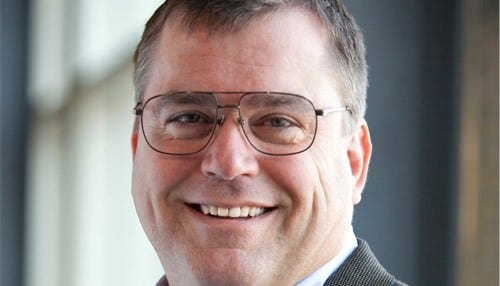The Loss of a Legend Can Help Save Indiana Boys And Girls
 (Image courtesy of Indiana University)
(Image courtesy of Indiana University)
Subscriber Benefit
As a subscriber you can listen to articles at work, in the car, or while you work out. Subscribe NowWhen Tom Petty passed away in October, he belonged to the musical imagination of the entire country. He was a star. A legend – and important parts of his legacy are tied to the Hoosier state through his resonant lyrics and deeply-loved songs. Tom Petty’s music shone a clear beacon on Indiana’s story, and his family’s honesty about the role opioids played in his untimely death is a brave step in the fight against this epidemic.
Opioid addiction is one of the great equalizers. From struggling families in small rural towns to wealthy artists and celebrities in coastal cities, this addiction impacts people from all walks of life, all socio-economic backgrounds, and all levels of education.
The epidemic of opioid addiction that has swept across the country is one of the worst health crises ever faced by both Indiana and the nation. Without immediate and system-wide action, 500,000 Americans could die from opioids in the next decade – more than the total number of American soldiers killed in World War II. In Indiana alone, opioid overdose deaths rose 52 percent between 2015 and 2016 and have more than doubled in the last three years.
Honest conversation about the depth and breadth of the problem, which is what Tom Petty’s family hoped to spur with their announcement, is an important early step in coming to grips with – and ultimately solving – this crisis. But what comes next?
Just as opioid addiction impacts diverse groups of people all across the United States, we must bring diverse groups together to create the sort of innovative solutions that this epidemic requires. State agencies must collaborate with private health systems. Universities must work with community groups. Insurance companies must work with policy makers. The unique answers that lie at the intersections of the expertise of each of these groups are the best hope that Tom Petty’s death will be an immense loss, but not a wasted opportunity. With so many of us mourning, and so many paying attention to the tragic cause of his death, this is a moment to enact meaningful change.
These efforts to find creative and applicable solutions are already beginning. Vermont Governor Phil Scott announced in October 2017 that the Office of Professional Regulation has changed the rules to streamline the process of becoming an apprentice addiction professional, alcohol and drug counselor, or licensed alcohol and drug. Late last year, Indiana University launched a $50 million initiative to tackle addiction by partnering with Gov. Eric Holcomb (R-Ind.), and the state’s leading healthcare systems to train addiction specialists and conduct essential research into the science behind substance use disorders. Just this week, Indiana’s drug czar Jim McLelland announced new prescribing guidelines for pain killers. And in West Virginia, hospitals are working with the Public Health Department to gather data on non-fatal opioid overdoses to proactively get more addicts into treatment.
Across the nation, families, friends and community members are mourning people who have been lost as a result of their dependence on opioids. Others are struggling through the pain of addiction, or the hard work of recovery. Tom Petty’s position as a cultural icon and formative musical influence on so many others makes his death more visible, but it is, sadly, not unique. Though he was not a native Hoosier, it feels exactly as though another Indiana boy on another Indiana night has fallen silent at the hands of this epidemic.
We must act – and with urgency – to find functional solutions to this national crisis. We must work together to overcome the hurdles. And we must be willing to engage in the conversations that happen when losses like that of Tom Petty are brought out into the open.
Fred H. Cate is the Vice President for Research at Indiana University.
